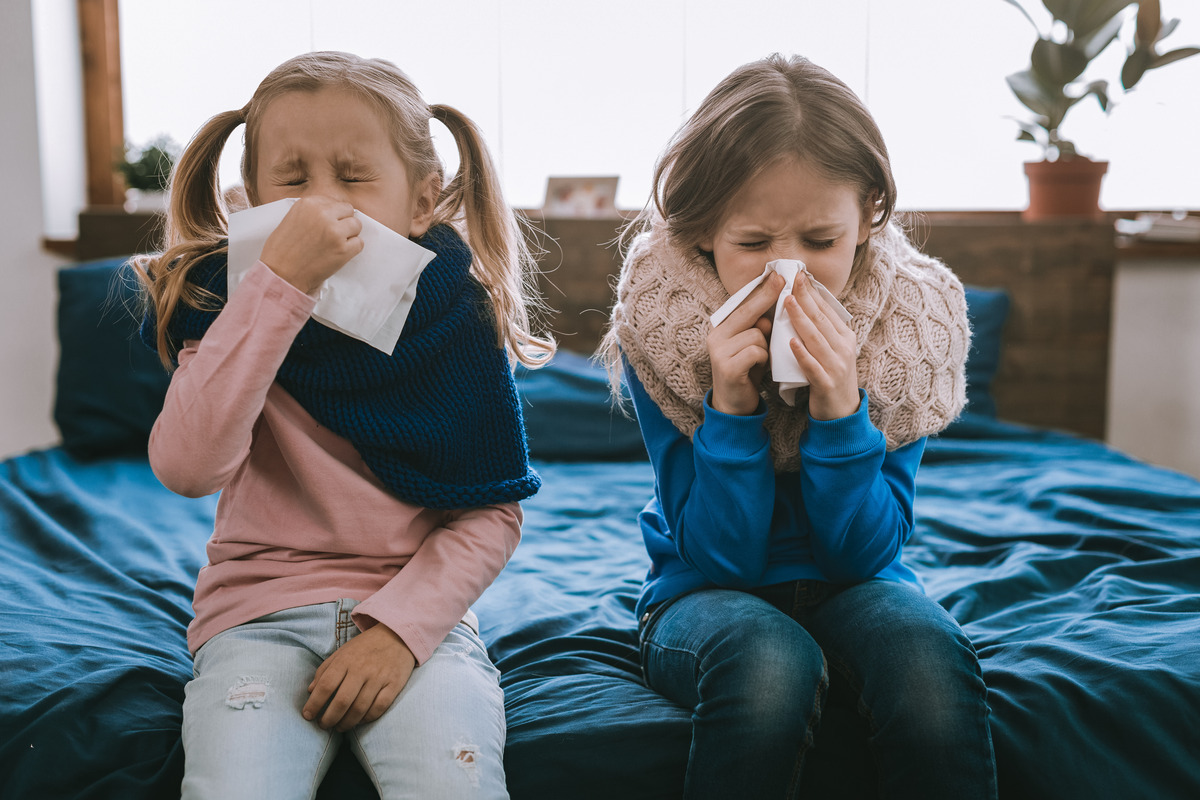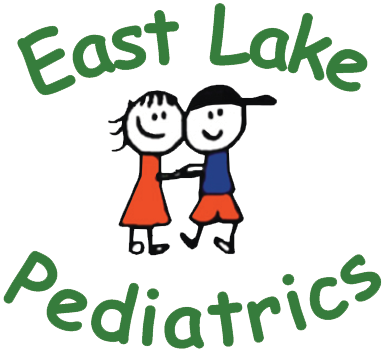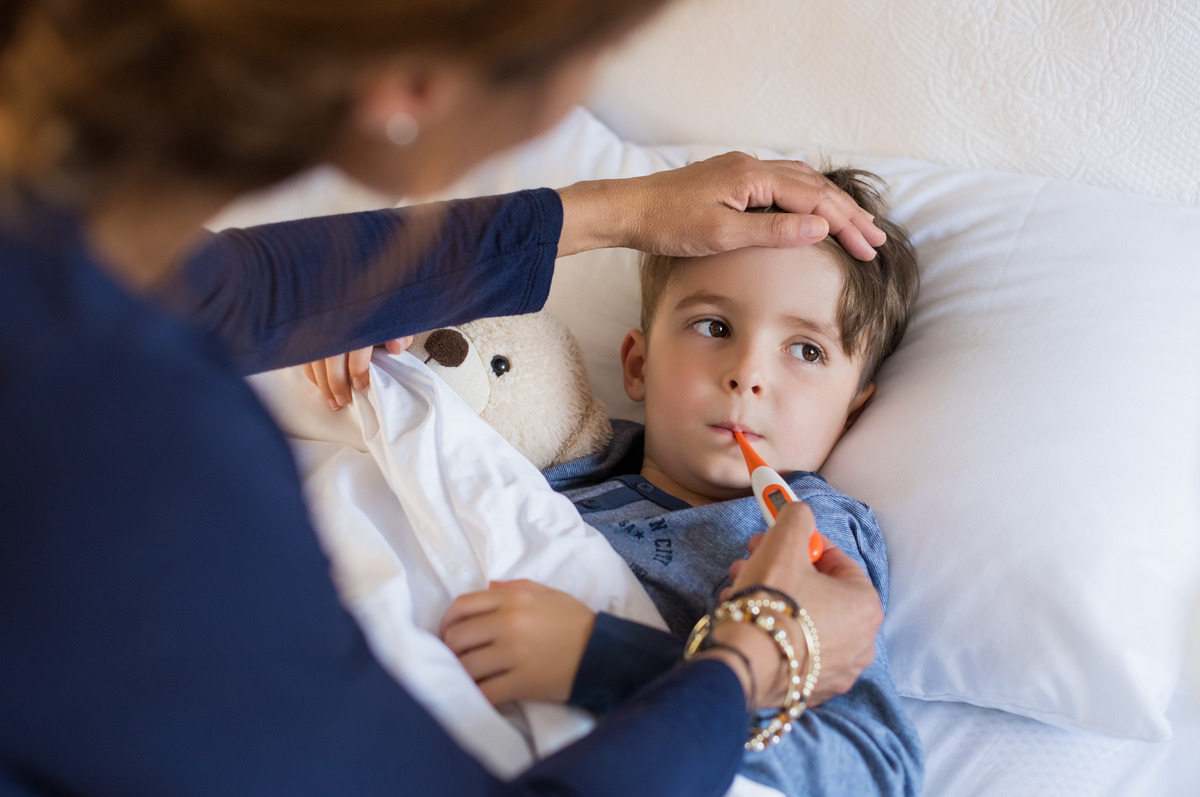What’s going around? This article delves into the latest pediatric health updates across Florida, providing parents and guardians with essential information on seasonal illnesses, environmental factors, and when to seek professional medical advice.
- Seasonal Illnesses (Flu, Common Cold, RSV)
- Environmental Factors (Allergies, Heat-Related Illnesses, Mosquito-Borne Diseases)
- Common Childhood Infections (Strep Throat, Pink Eye, Diarrhea)
Key Seasonal Illnesses in Florida: What Every Parent Should Know
As seasons change, certain illnesses tend to rise in frequency, especially among children. In Florida, the flu, common cold, and RSV are the most prevalent seasonal illnesses. Recognizing symptoms early and taking preventive measures can help you manage these illnesses more effectively.
Flu (Influenza)
Flu is a highly contagious respiratory illness caused by influenza viruses. Children are particularly vulnerable to complications such as high fever, body aches, fatigue, and cough. Annual flu vaccinations are the best defense, especially for young children and those with preexisting conditions. Over-the-counter medications like acetaminophen or ibuprofen can help reduce fever and alleviate discomfort. Always consult your pediatrician before administering any medication.
Common Cold
The common cold, often characterized by sneezing, congestion, and a mild fever, is another frequent ailment in households with children. Though less severe than the flu, it can still disrupt your child’s routine. Symptoms usually resolve on their own with plenty of rest and fluids, but frequent handwashing and avoiding close contact with sick individuals can help prevent spreading it within the household.
Respiratory Syncytial Virus (RSV)
RSV, while typically presenting as mild cold-like symptoms in adults, can lead to severe respiratory distress in infants and young children. Symptoms include coughing, a runny nose, and difficulty breathing. The illness can be especially dangerous for children under the age of 2. Beyfortus (Nirsevimab), a monoclonal antibody, has recently become available as a protective measure for infants during RSV season. One dose can help shield your child from RSV throughout the most vulnerable months.

| Illness | Recent Statistics/Strains in Florida | Symptoms | Prevention Tips |
|---|---|---|---|
| Flu (Influenza) | H3N2 strain prevalent in recent season | Fever, cough, body aches | Annual vaccination recommended |
| Common Cold | High prevalence during cooler months | Sneezing, stuffy nose, cough | Frequent handwashing, avoiding close contact with sick individuals |
| RSV | Notable outbreaks in daycare centers and schools | Runny nose, coughing, fever, difficulty breathing in severe cases | Avoiding close contact with sick individuals, practicing good hygiene |
By understanding these illness trends, you can take proactive steps to protect your child and minimize the impact of seasonal illnesses.
Managing Environmental Factors in Florida
In addition to seasonal illnesses, Florida’s unique climate introduces environmental risks such as allergies, heat-related illnesses, and mosquito-borne diseases. Awareness of these risks and implementing preventive measures can help safeguard your child’s health.
Allergies
Allergy triggers such as pollen and mold are common in Florida year-round. Children may experience symptoms ranging from sneezing and itchy eyes to more severe respiratory issues. Managing allergies involves staying indoors during high pollen counts, using HEPA air filters in your home, and ensuring good ventilation.
| Allergen | Peak Seasons | Symptoms | Management Strategies |
|---|---|---|---|
| Pollen | Spring and Fall | Sneezing, runny nose, itchy eyes | Stay indoors, use HEPA filters, clean air conditioning units |
| Mold | Year-round, especially after rain | Coughing, wheezing | Use dehumidifiers, ventilate frequently |
Heat-Related Illnesses
Florida’s high temperatures increase the risk of heat-related illnesses, including dehydration, heat exhaustion, and heatstroke. Symptoms can range from thirst and fatigue to more severe signs like rapid heartbeat and dizziness. Preventative measures include regular hydration, scheduling breaks in shaded areas, and dressing children in light, breathable clothing.
| Illness | Symptoms | Prevention |
|---|---|---|
| Dehydration | Dry mouth, infrequent urination | Encourage drinking water, offer hydrating fruits |
| Heat Exhaustion | Sweating, fatigue, pale skin | Rest in cool places, stay hydrated |
| Heatstroke | High body temperature, dizziness | Seek immediate medical attention, cool environment |
Mosquito-Borne Diseases
Florida’s warm climate is conducive to mosquito activity, which can spread diseases such as Zika and West Nile virus. Protect your child by using EPA-approved repellents, dressing them in long-sleeved clothing, and minimizing exposure during peak mosquito activity.
| Disease | Symptoms | Prevention |
|---|---|---|
| Zika Virus | Fever, rash, joint pain | Insect repellent, protective clothing, window screens |
| West Nile Virus | Fever, headache, body aches | Eliminate standing water, use mosquito nets |
Common Childhood Infections to Watch For
Strep Throat
Strep throat, caused by Group A Streptococcus bacteria, is common among school-aged children. Symptoms include a severe sore throat, fever, and swollen lymph nodes. A quick strep test at your pediatrician’s office can confirm the diagnosis, and antibiotics are typically prescribed to prevent complications.
Pink Eye (Conjunctivitis)
Pink eye can spread quickly, especially in schools and daycare centers. The condition can be viral or bacterial, with symptoms including red, itchy eyes and discharge. Good hygiene is crucial to preventing the spread, and bacterial pink eye requires antibiotic eye drops for treatment.
Diarrhea
In Florida’s warm climate, food-borne illnesses are a concern, leading to cases of diarrhea in children. Symptoms include watery stools, abdominal pain, and fever. The primary concern with diarrhea is dehydration, so ensure your child stays hydrated. If symptoms persist for more than a few days or are accompanied by a high fever, consult your pediatrician.
| Condition | Symptoms | Prevention Tips |
|---|---|---|
| Strep Throat | Sore throat, fever, swollen lymph nodes | Frequent handwashing; Avoid sharing personal items; Isolate infected individuals |
| Pink Eye (Conjunctivitis) | Red, itchy eyes, discharge, tearing | Good hand hygiene; Avoid touching or rubbing eyes; Don’t share towels or washcloths |
| Diarrhea | Frequent, loose, or watery stools, abdominal pain | Proper food handling and storage; Frequent handwashing; Clean living environments |
When to Call Your Pediatrician
Knowing when to visit your pediatrician is crucial for your child’s well-being. While regular check-ups are important, you should seek immediate care if your child displays symptoms such as:
- High fever
- Persistent vomiting or diarrhea
- Labored breathing
- Severe allergic reactions
- Signs of dehydration (e.g., dry mouth, infrequent urination)
In Florida, certain environmental factors may necessitate additional pediatric consultations. For example, if your child shows signs of heat exhaustion after being outside in high temperatures, or if they develop unusual symptoms after a mosquito bite, it’s important to contact your pediatrician.
Conclusion
Navigating pediatric health in Florida requires knowledge of seasonal illnesses, environmental factors, and when to seek medical advice. By staying proactive and informed, parents can protect their children and ensure they thrive in Florida’s unique environment. Regular check-ups with your pediatrician are key to preventing complications, while understanding the signs of illness will help you act swiftly when needed.
This content is for informational purposes only and does not replace professional medical advice. Always consult your doctor for medical concerns. Do not delay seeking medical help because of information provided here.


